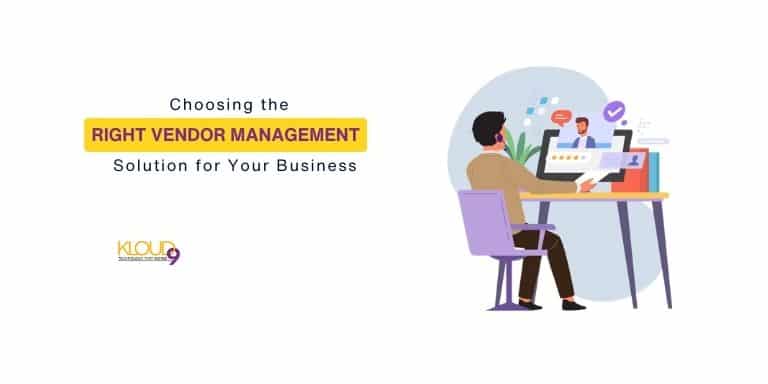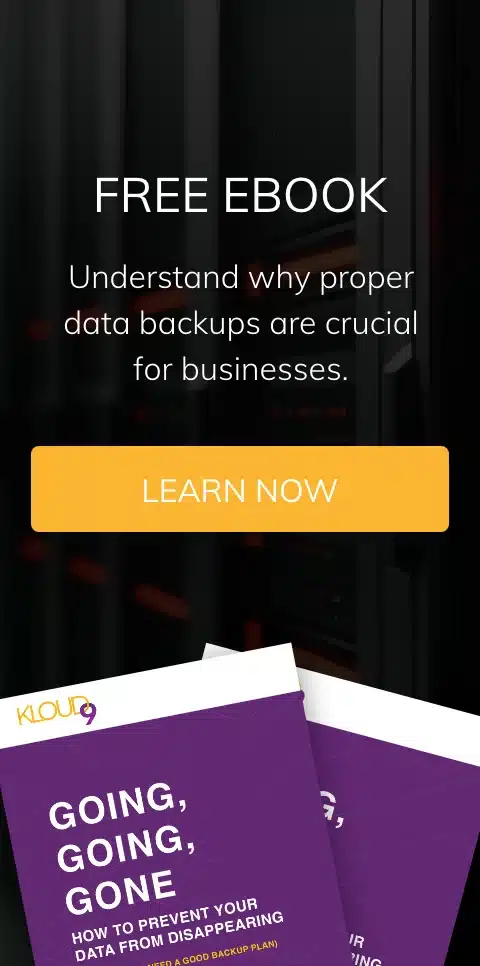Selecting the optimal vendor management solution is pivotal for enhancing business efficiency. It's essential that your chosen vendor management service provider perfectly aligns with your specific operational needs and growth objectives. Choosing the right service provider requires careful consideration of your organization's unique needs and strategic objectives. We created this guide to help you navigate this critical decision effectively.
Tips for Choosing the Right Vendor Management Solution for Your Business
1. Understanding Your Business Needs
Choosing the best vendor management solution for your business is crucial for streamlining operations and enhancing efficiency. Before diving into the selection process, consider your organization's specific vendor management solution benefits needs. Evaluate your current vendor relationships, pain points, and areas for improvement. Understanding these aspects will help you identify the essential functionalities and features of a vendor management service provider.
Once you have a clear picture of your business requirements, prioritize them based on their importance. This step will guide you toward focusing on solutions that align closely with your goals and objectives. Whether you need robust business vendor management solutions for complex operations or more straightforward tools for small-scale management, defining your needs upfront is the first step towards making an informed decision.
2. Researching Available Solutions
With your business needs in mind, research the available vendor management system options. Look for vendor relationship management tools that meet your current requirements and have the scalability to grow with your business. Explore different vendor management company offerings and compare their features, integrations, and user reviews.
During your research, consider factors such as ease of implementation, user interface, and customer support. An intuitive and user-friendly vendor management solution will facilitate quicker adoption and smoother integration into your existing workflows. Additionally, seek feedback from peers or industry experts with experience with the best vendor management solution you are considering. Their insights can provide valuable perspectives and help you make a well-rounded decision.
3. Assessing Integration Capabilities
Integration is a critical aspect when choosing a vendor management service provider. Ensure that your selected vendor management system can seamlessly integrate with your current technology stack. This includes your ERP systems, accounting software, and other tools crucial to your operations. Compatibility and interoperability are vital to avoiding disruptions and maximizing organizational efficiency.
Furthermore, the scalability of business vendor management solutions should be considered. As your business grows and evolves, your vendor management solution should accommodate increased vendor relationships and transaction volumes without compromising performance. Scalable solutions provide flexibility and adaptability, supporting long-term business growth and expansion.
4. Evaluating Security and Compliance Features
Security is paramount when managing vendor relationships and sensitive business data. Look for a vendor management solution prioritizing data security and compliance with industry regulations. Features such as encryption, access controls, and regular security audits are essential to safeguarding your information and mitigating risks.
Additionally, assess the vendor management solution benefit provider's track record in compliance with relevant standards and regulations. This ensures that your organization complies with data protection laws and industry guidelines. A reputable vendor management company will prioritize security measures and offer transparent insights into their security protocols.
5. Considering Cost and Return on Investment (ROI)

Moreover, consider the long-term benefits and savings a vendor management system can bring your business. Improved vendor relationships, reduced administrative overhead, and enhanced operational efficiency are all factors that contribute to a vendor management service provider's ROI. Choose a solution that aligns with your budgetary constraints while delivering tangible value and sustainable growth opportunities.
6. Seeking a User-Friendly Interface and Accessibility
The user experience plays a crucial role in the adoption and effectiveness of a vendor management solution. Opt for a solution that offers vendor relationship management tools with a user-friendly interface, intuitive navigation, and accessibility across devices. A well-designed interface enhances usability and reduces training time for your team, allowing them to quickly adapt to and leverage the best vendor management company system's capabilities.
Accessibility is another factor, primarily if your team works remotely or across multiple locations. Ensure the business vendor management solution provides cloud-based access and mobile compatibility, enabling seamless collaboration and real-time updates regardless of location. This flexibility enhances productivity and responsiveness in managing vendor relationships and operations.
7. Leveraging Customer Support and Service Level Agreements (SLAs)

Evaluate the vendor management solution benefit provider's support offerings, including availability, response times, and escalation procedures. Transparent SLAs clarify service expectations and help establish a reliable partnership with your best vendor management solution provider. Prioritize vendors that demonstrate a commitment to customer satisfaction and proactive support, fostering a positive and productive relationship over the long term.
Conclusion
Choosing the right vendor management solution can transform how your business operates. By leveraging effective vendor management tools, you enhance efficiency and streamline processes. Ensure your vendor management selected platform aligns with your scalability needs and security requirements for long-term success. Embracing these tools strengthens vendor relationships and positions your business for sustained growth. Make the most of vendor management solution benefits to propel your organization forward with confidence and effectiveness in vendor management.



You must be logged in to post a comment.